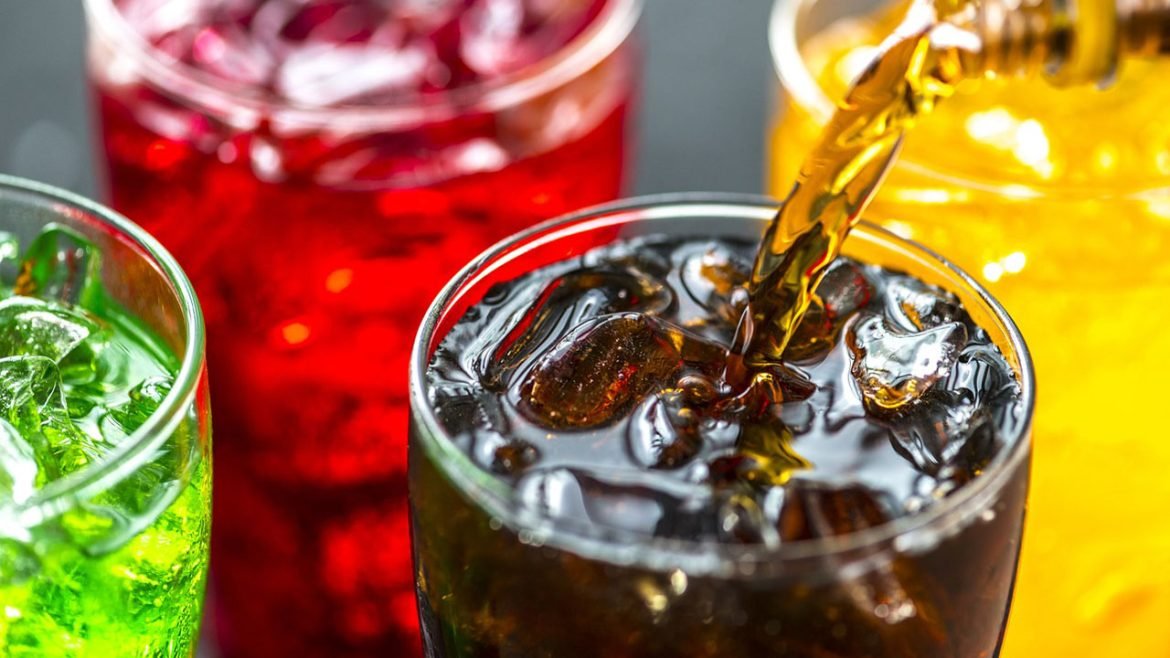World Health Organisation (WHO), yesterday, warned that artificial sweeteners to thousands of fizzy drinks, chewing gums and low-calorie foods pose a potential cancer risk.
The global agency, in a reclassification, according to insiders, said aspartame is to be listed as “possibly carcinogenic to humans.” The development follows a major safety review of artificial sugar replacement in 1,300 studies.
According to a report, first published by Daily Mail UK, products containing aspartame – which entered the market in the 1980s – include Diet Coke, Dr. Pepper and Fanta, as well as extra chewing gum and Muller Light yoghurts. Some toothpastes, dessert mixes and sugar-free cough drops also contain it.
The revelation is sending shockwaves through the global food manufacturing market, with some of the world’s best-loved brands affected. A huge push to crack down on sugar over the past decades has led to mass use of artificial sweeteners such as aspartame.
Experts, immediately, questioned the International Agency for Research on Cancer’s (IARC) decision, labelling the classification system ‘dumb’ and arguing that “the dose makes the poison.”
Cancer Research UK, explicitly, stated that artificial sweeteners such as aspartame do not cause cancer.
Meanwhile, relevant bodies claimed the IARC review consisted of “widely discredited research,” which “contradicts decades of high-quality evidence.”
The WHO-backed cancer warnings slapped on red meat, working overnight and using mobile phones have faced criticism for sparking needless alarm over hard-to-avoid substances or situations.
The IARC ruling, yet to be publicly announced, is intended to assess whether something is a potential hazard or not, based on published ‘evidence’.
It does not take into account how much of a product a person can safely consume.
The advice comes from the Joint WHO and Food and Agriculture Organisation’s Expert Committee on Food Additives (JECFA), alongside national regulators.
JECFA is also reviewing aspartame use and would announce its findings on same day that IARC makes public its decision on July 14, it was claimed.
Since 1981, JECFA has said aspartame is safe to consume within accepted daily limits.
For example, an adult weighing 60 kilogrammes (132lbs) would have to drink between 12 and 36 cans of diet soda – depending on the amount of aspartame in the beverage – everyday to be at risk.








